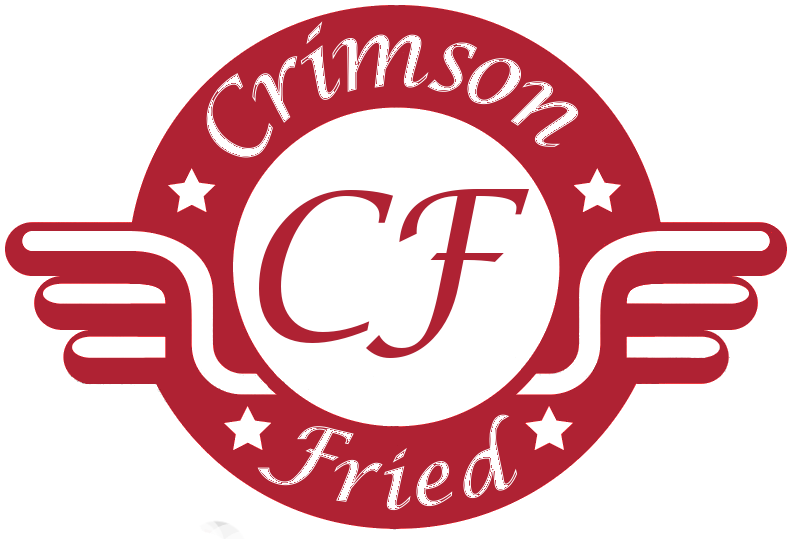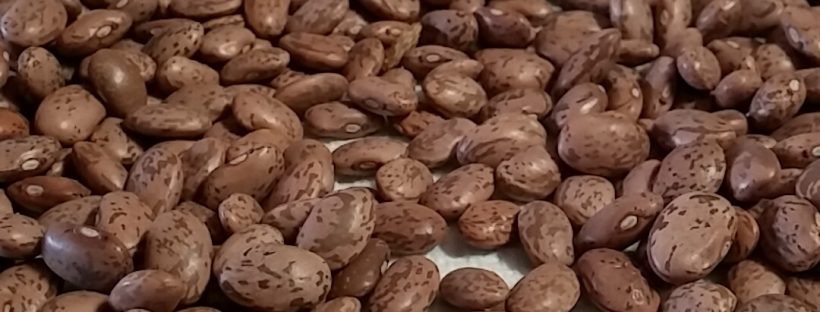I was fourteen when I decided to become a vegetarian. Much to my parents’ dismay, this meant that they would have to cook different meals for me. After months of meat substitute products and “come on, chicken broth isn’t really chicken,” my dad started the tradition of Gilmer beans. I still remember the aroma of sautéing onions on a lazy Sunday afternoon, and the sound of sizzling oil that let me know my dad would be spending the entire day making food for the week.
As a kid, I didn’t always appreciate my dad’s efforts to make sure that we all had good food to eat. I would walk into the kitchen, worried about my friends, love life, or academic future. When I voiced my worries, my dad’s response was always something along the lines of, “Does this need more salt?” This is not to say that he didn’t care about the woes of high school drama, but on these Sundays, he was completely engrossed in making this dish, and making it perfect. He had an intuitive sense of measurement, and I admired the way he would throw handfuls of spices into the pot, never questioning his decisions. When my friends came over, wafts of cumin and garlic ushered them through the door, inviting them to sit down and stay a while. Even on Saturdays when I abandoned the kitchen, absconding with the scent of legumes on my jacket, my friend Abi would sniff the air around us and ask, “What smells so good?” Continue reading



